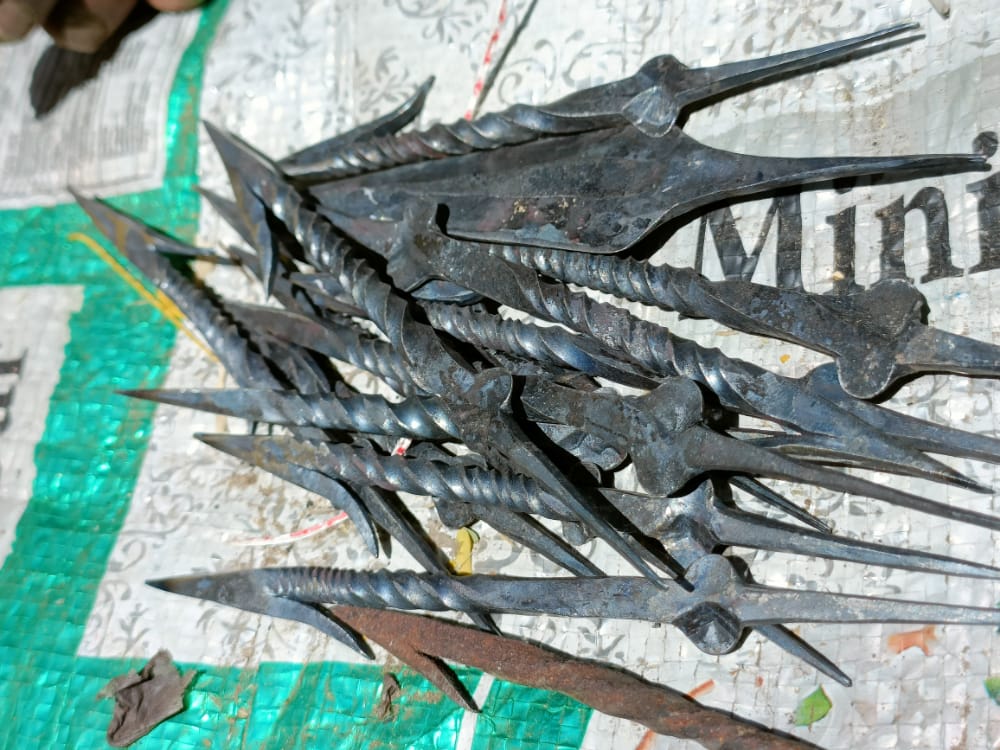Space Kidz India (SKI) is a leading Science and Technology incubator. SKI has been helping children reach out to the stars for a decade now, with the aim to create the next generation of scientific thinkers in India. Through its experiential educational programs, innovative collaborations, and extensive research, SKI is striving for a borderless society, one satellite at a time.
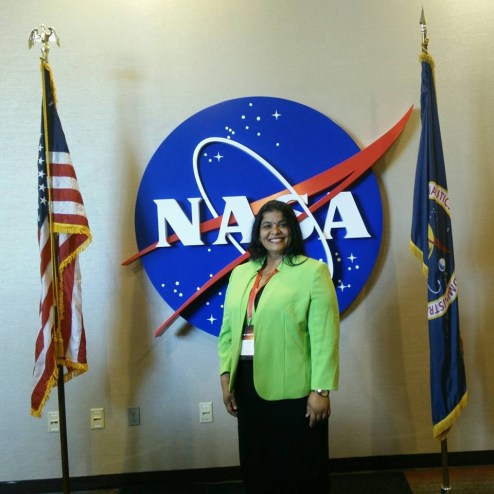
The editorial team interviewed SKI’s Dr. Srimathy Kesan to gather insights about teaching-learning processes in STEM education, and more particularly in Space Science. Read on!
What encouraged you to have students on board for grand tasks like making satellites?
Everything that SKI does is with students. We are the only women-led organisation in the country that has launched 12 high altitude balloons, two sub-orbital satellites and now two satellites, all developed by students.
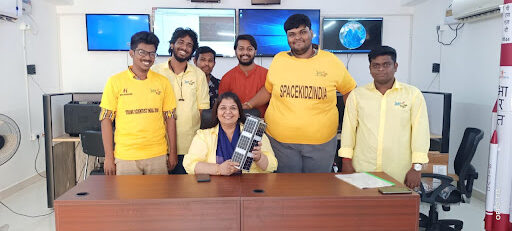
I feel the younger generation loves to learn from each other, is open to criticism, loves to explore and give back to society, and most importantly does not give it up. They just need a little bit of maneuvering, if we patiently and lovingly mentor them in the right direction.
You mentioned exploration and determination, would you say those are the basics in the field of science?
The spirit of science is certainly about curiosity and exploration but also about willingness to learn, application, and persistence.
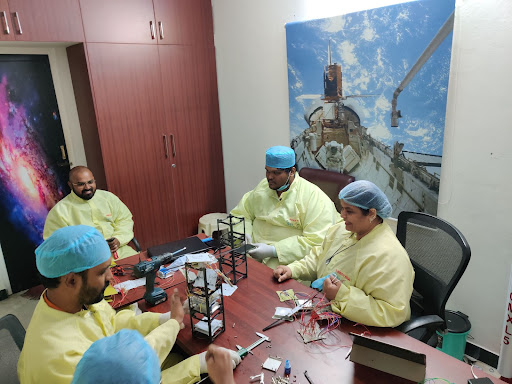
It is highly important to not give up because success does not come easy or quick when you are trying to develop something. It takes time but when it does, there is nothing as fulfilling as having created something that can have a long-term impact on society.
How important is innovation for our society?
Innovation helps in improvement, evolution, and research that further aids that innovation. We need researchers and innovators in society, as seen recently in the instance of DRDO producing the medicine. If it can be utilised, it indeed is like a sanjeevani booti or devamrita.
As a country we need to enhance awareness and engage more young talented minds in this sector. Also, research can help us in discovering new things and studying our indigenous sciences that we have been blessed with for centuries. We have forgotten our roots in all the rush. Ayurveda, for instance, has all the inscriptions, only if we paid attention. We have a great culture, but need more innovators to utilise that.
Talking about our roots, the recent satellite that SKI launched (SD-SAT) carried the Bhagavad Gita to space. How did that come about?
It is a book that’s considered the supreme epic of India but people irrespective of religion, caste or creed, or country follow the principles of Bhagavad Gita. It predominantly speaks about a lot of management techniques, astronomy, astrophysics, and contains life lessons. Additionally, it acts as a source of positivity, as was especially observed during the pandemic.
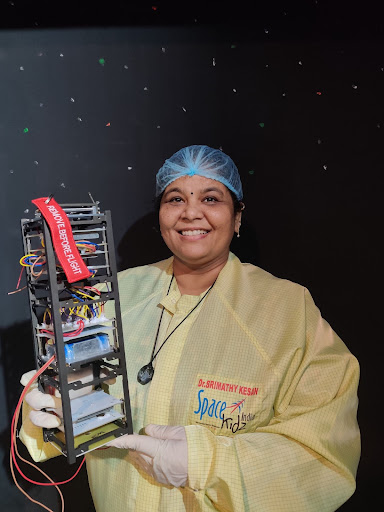
We also sent out the names of 25,000 common people on the satellite to spread awareness among children and engage them in the launch.
What else can be done to enhance that awareness and learning?
We strive for creating experiential learning for students in STEAM (Science, Technology, Engineering, Arts & Mathematics) where they can practically apply what they read, ideate, and innovate. We have conducted international space camps, courses, global competitions, and collaborations with other countries.
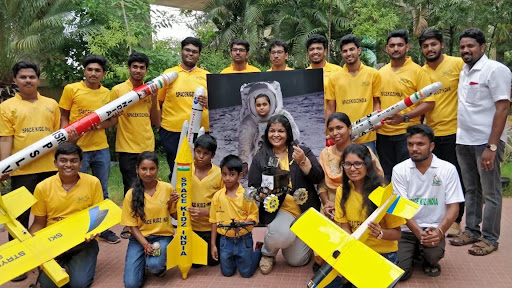
At SKI, we invite students to come and learn everything step by step. If you have passion, you will make it. We mentor, provide knowledge, without pushing children towards any particular thing. I want them to be well-informed and explorative, but grow organically while enjoying everything through a holistic approach.
This interview was originally published in the Science & Innovation issue of The Plus magazine.
